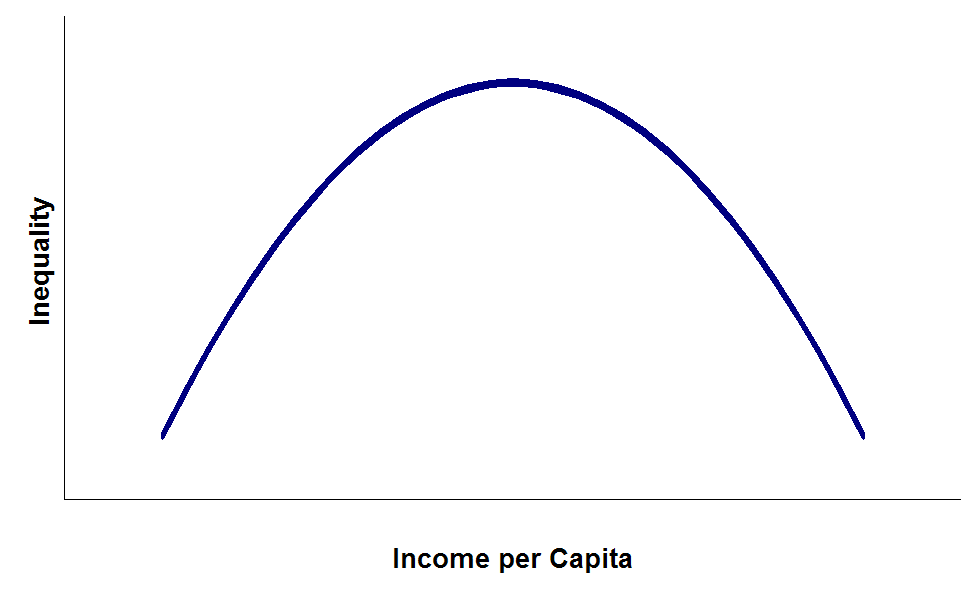“The most important role of technology is to create time.
Information technology epitomizes this role.
And wealth creation is ultimately about time,
freeing human time from labor.”
— George Gilder

L’italiano Luca Pacioli, riconosciuto come “Il padre della contabilità e della contabilità” è stato il primo a pubblicare un’opera sulla partita doppia, e ha introdotto il campo in Italia.
“Hatred of the rich is the
beginning of all wisdom”
— H.L. Mencken
Today we break down the literature that informs the finances of the real assets of education settlements. We examine a few publicly available university annual budget documents and, lately, have been looking ahead at innovation in distributed ledger solutions, digital currencies and blue sky conceptions of a circular economy which has captured the imagination of trendsniffers in every nation.
Since our 2016 estimate of $300 billion — triangulated from several private and public databases; the number that measures construction spend coupled with operations and maintenance — a fair estimate of growth is likely closer to $500 billion now. Based upon the US Census Bureau monthly construction spend reports we have seen a slight uptick in construction spend. We still see construction activity running at an $85-$90 billion clip.
During 2024-2025 we will be breaking down this subject into manageable segments as interest in it clarifies. For now it is enlightening to approach finance standards with an examination of a few operating budgets:
University of Michigan Budget Book 2024
Harvard University Budget Overview: September 2023
University of Minnesota 2022 Final Capital Budget Requests with Governor’s Recommendations
The 2022-2023 Budget: Overview of the Governor’s Higher Education Budget Proposals (California)
Prince George County Public Schools Operating Budget 2022
University of Illinois Deferred Maintenance
Central Michigan University Capital & Deferred Maintenance Budgets
Every dollar passing through the business or academic side of the education industry has rules for how it is received and tracked.* At the moment we track, but do not dwell, on the grant management standards asserted by state and federal funding agencies. When we do, we place them on the agenda of the appropriate colloquium.
Money, money, money… 😳 pic.twitter.com/Ssyz5PQPVV
— Agnieszka Herrmann (@AgaHerrmann) February 4, 2022
Appropriate use of public funding underlies some — but not all — of the accounting burden of the education industry. We steer clear of the grant management requirements public funding agencies place upon the education industry; maintain focus on the titles developed and published by organizations that have a due process platform. For example:
Accredited Standards Committee X9
Financial Industry Standards: Program of Work
Data Center OIX-2 Certification
Sustainability Accounting Standards Board
There are several trackworthy non-ANSI accredited standard developing organizations:
Sustainability Accounting Standards Board
Real Estate Information Standards Board
Send bella@standardsmichigan.com an email for a detailed advance agenda. To join the colloquium today use the login credentials at the upper right of our home page.
More:
Opinion AGB: What Do Our Accreditors, Auditors, and Bond Raters Do for Us?
Community FY22 Appropriations Request Letterdocx
Letter-Tax-Provisions-American-Jobs-Families-Plans-061421
Half the people working in schools aren’t classroom teachers—so what?










